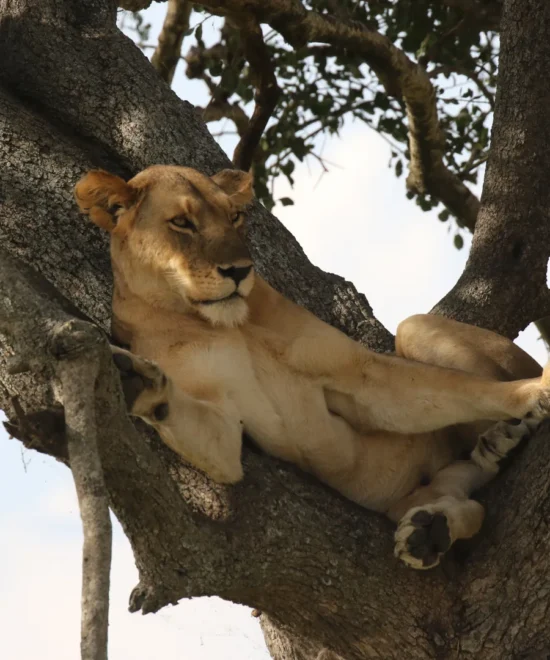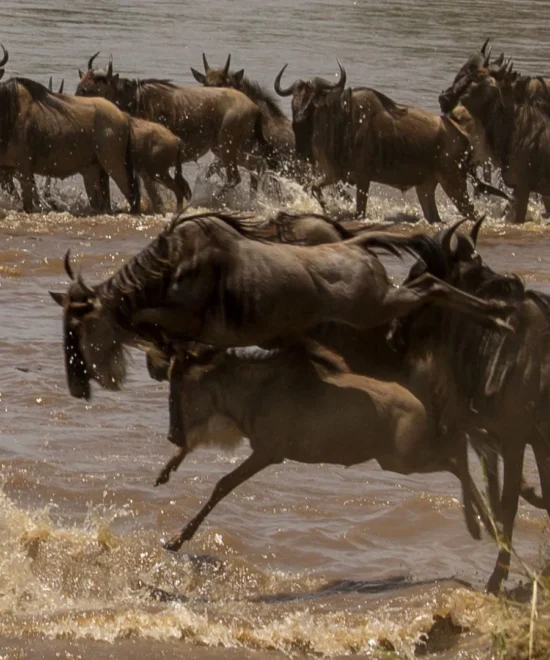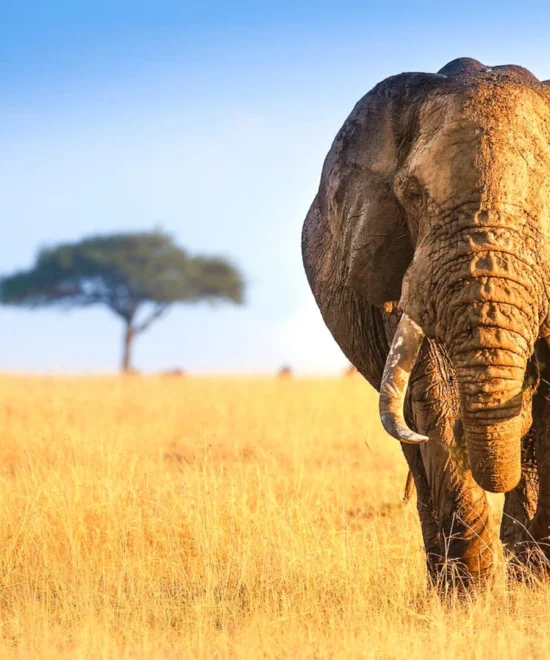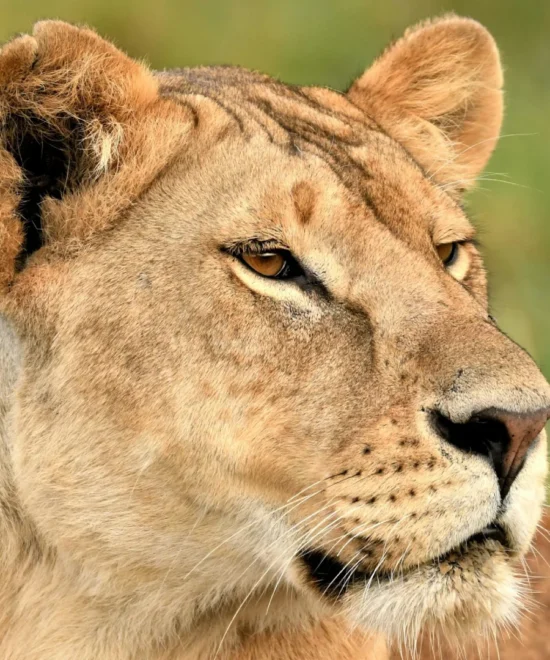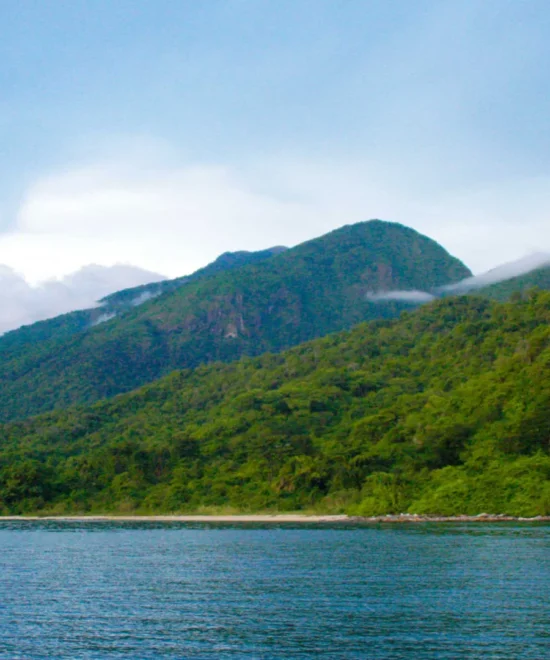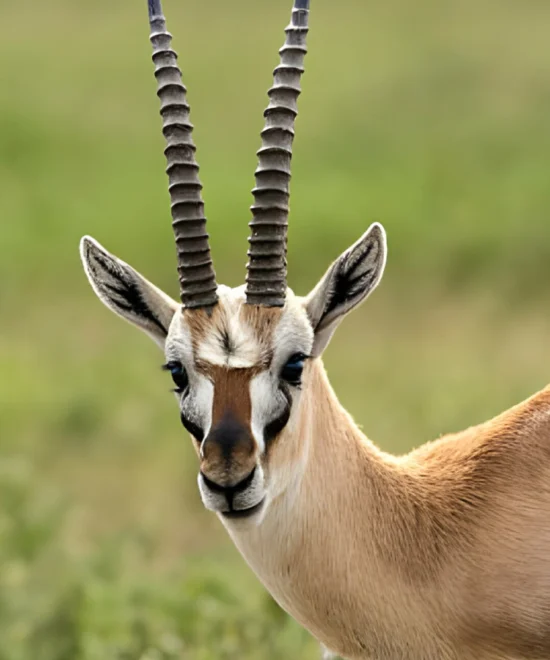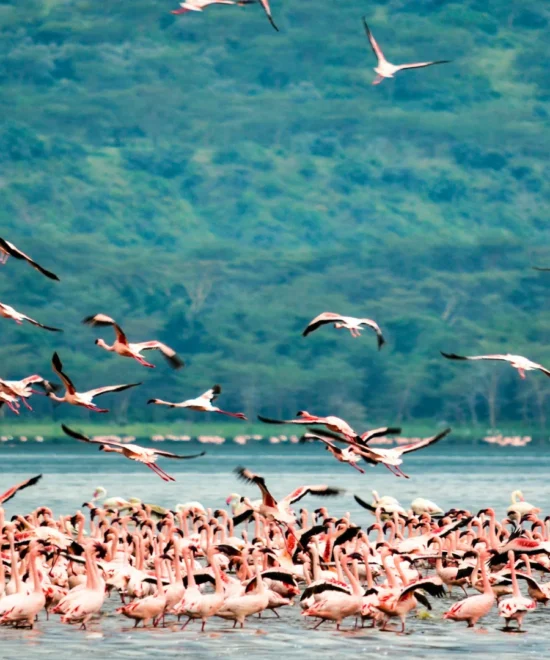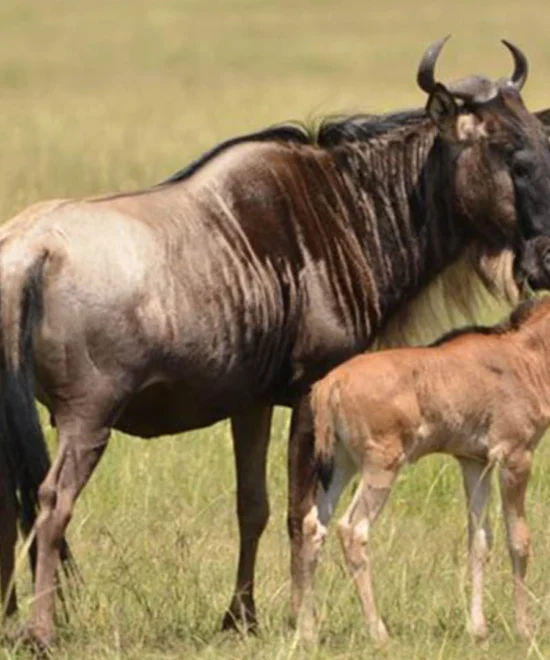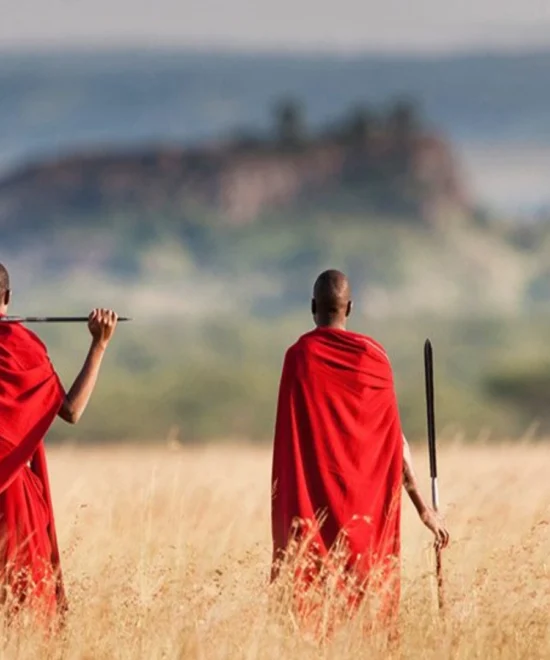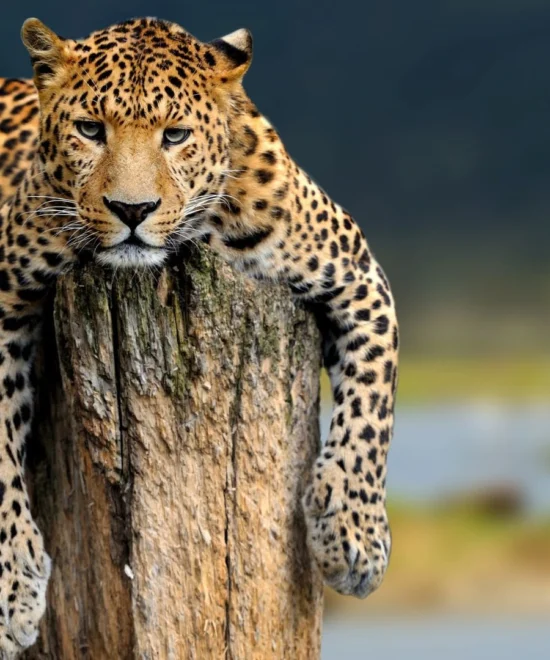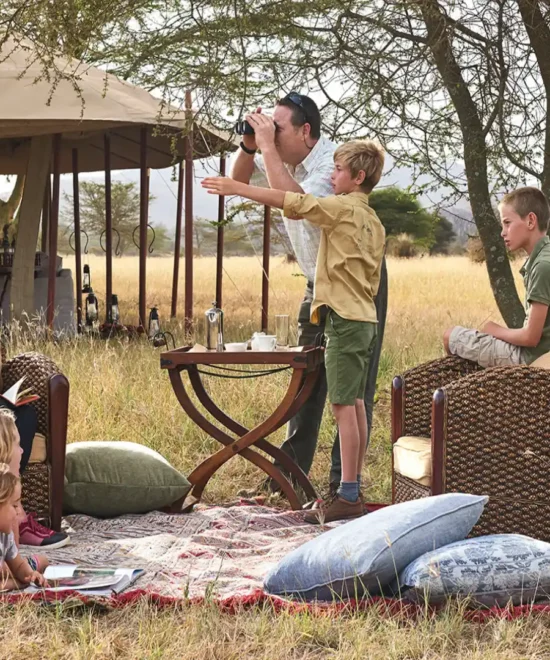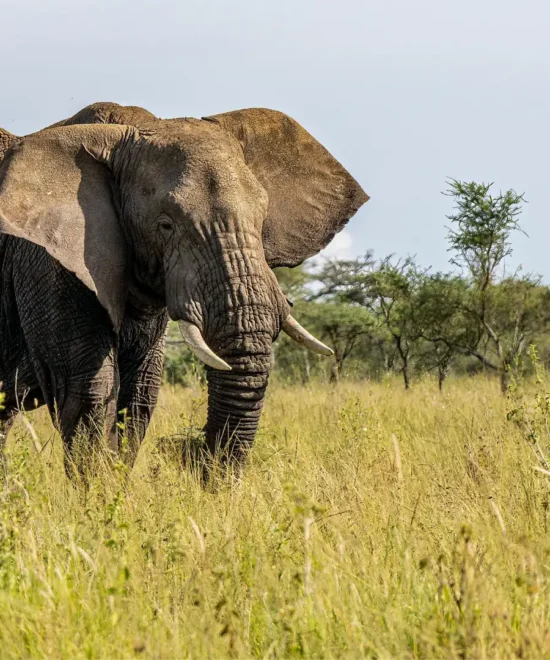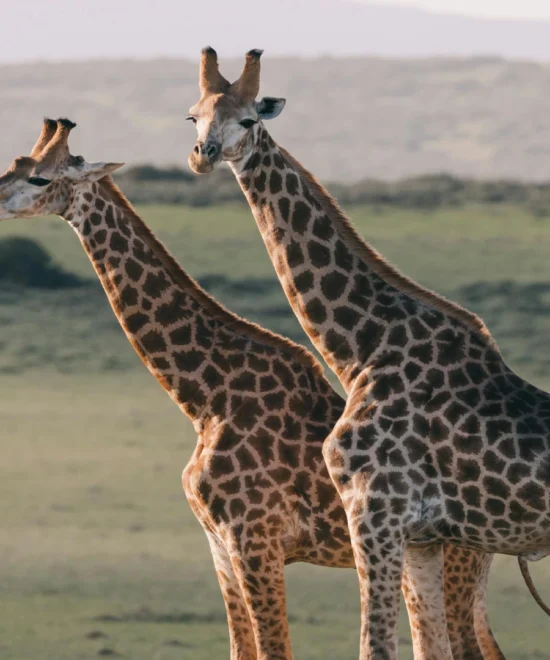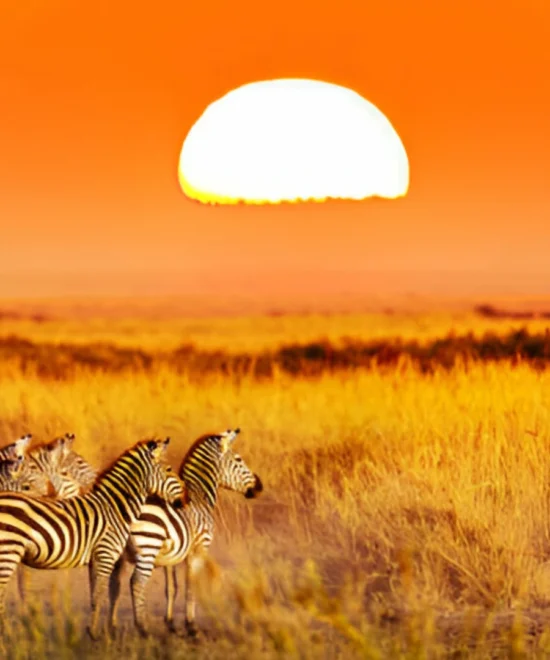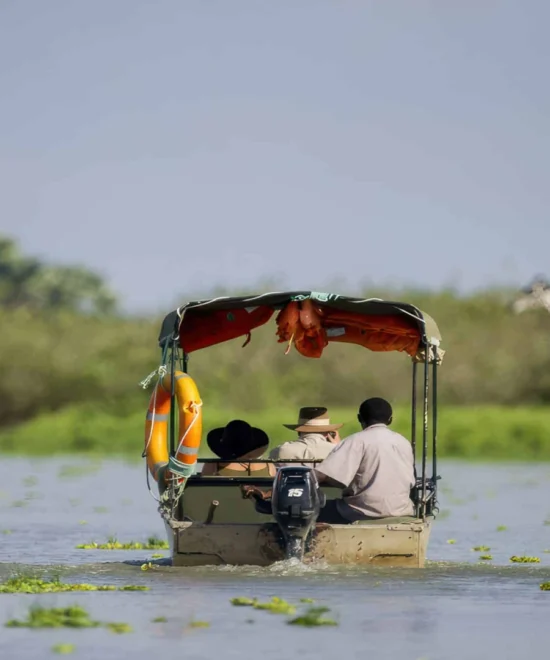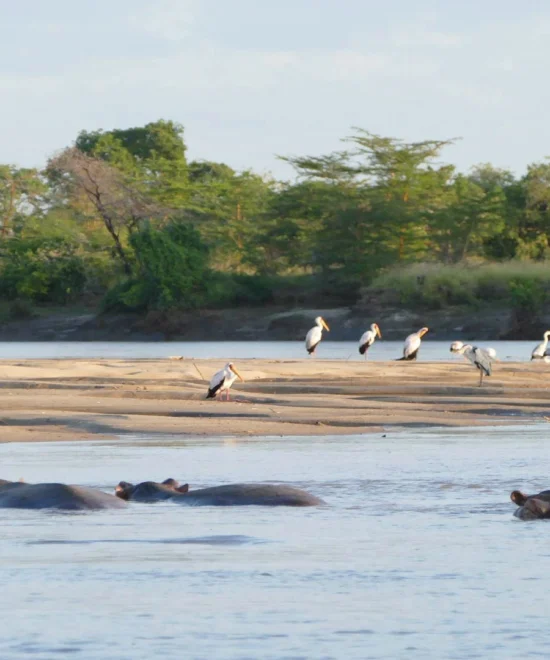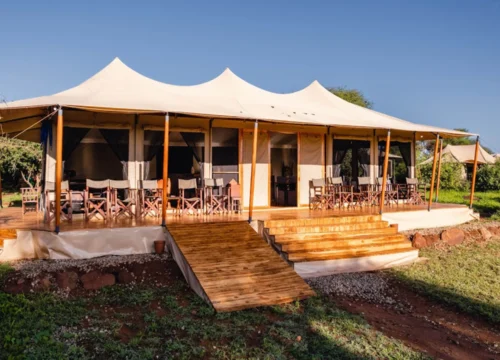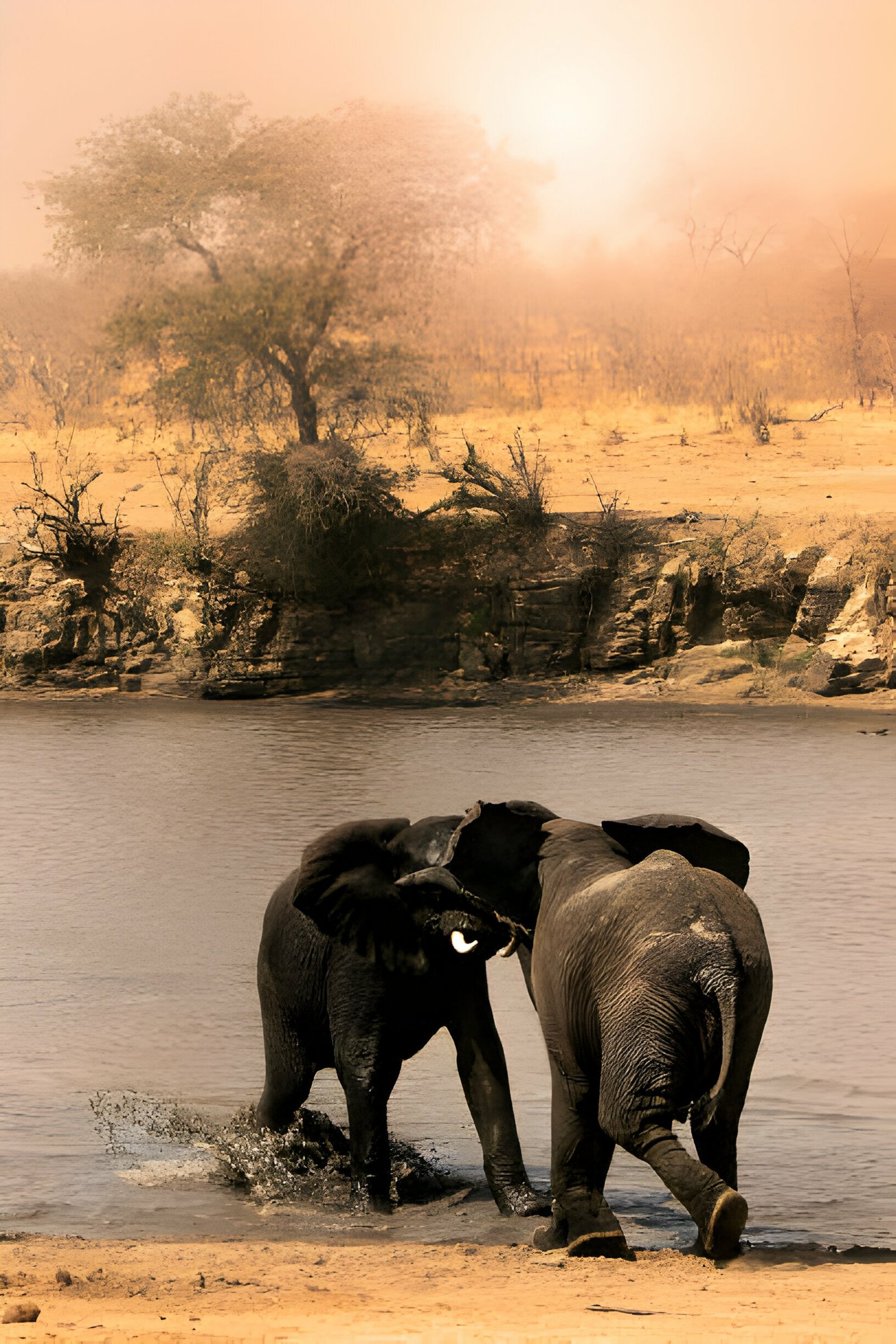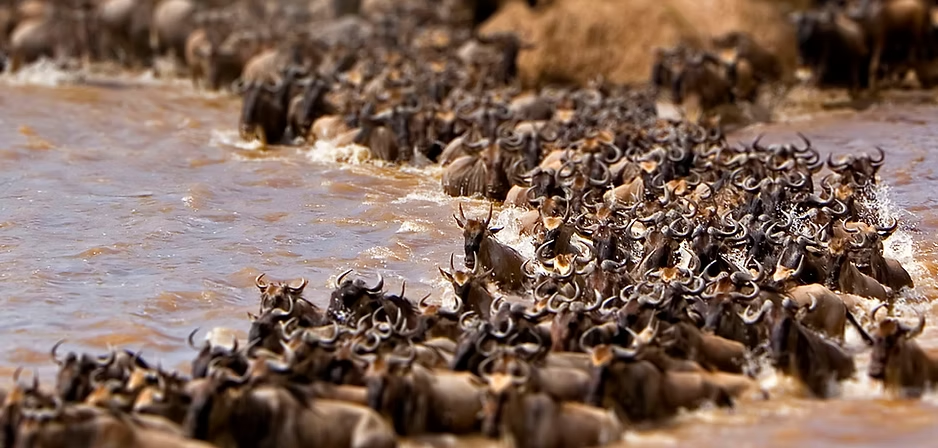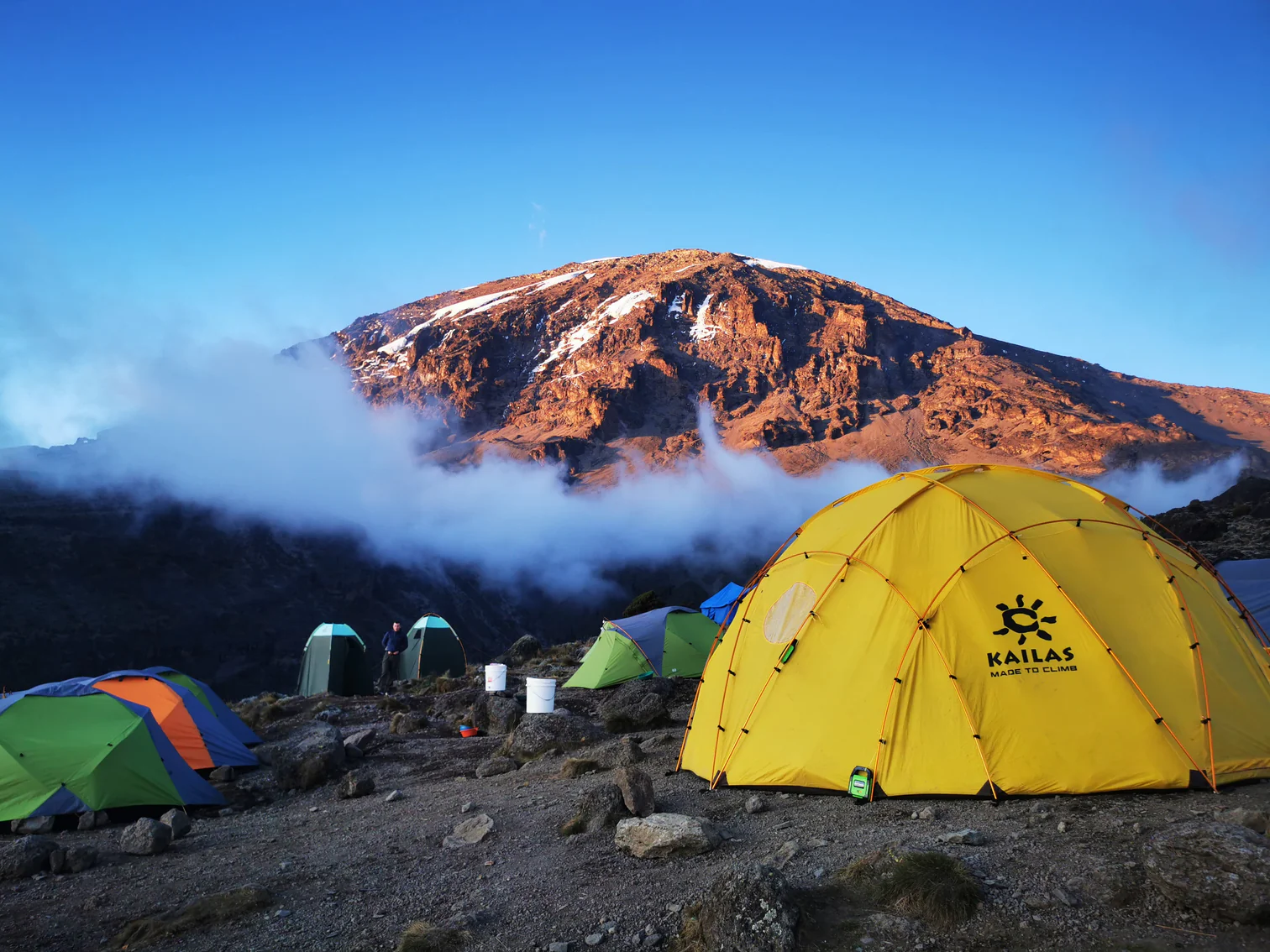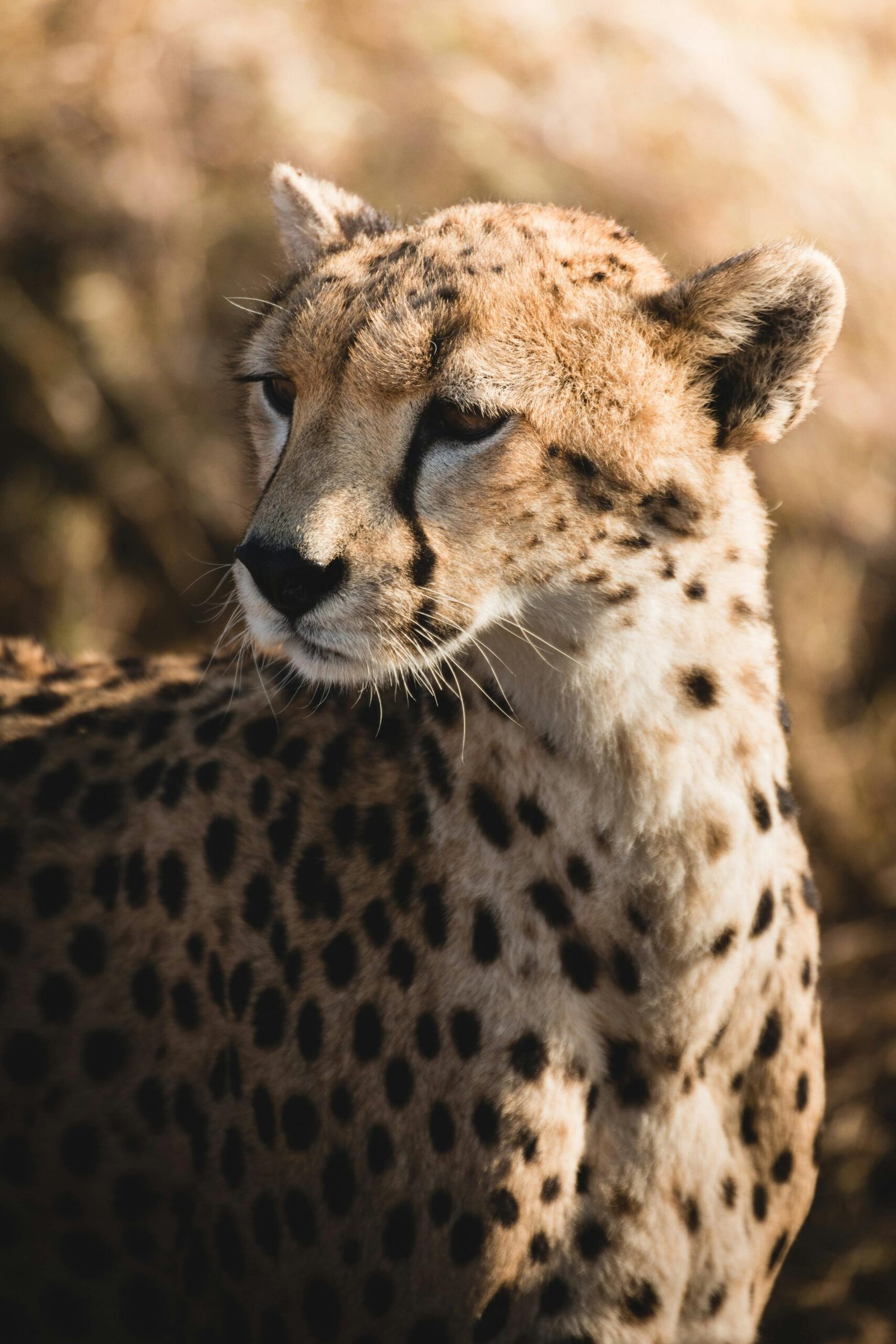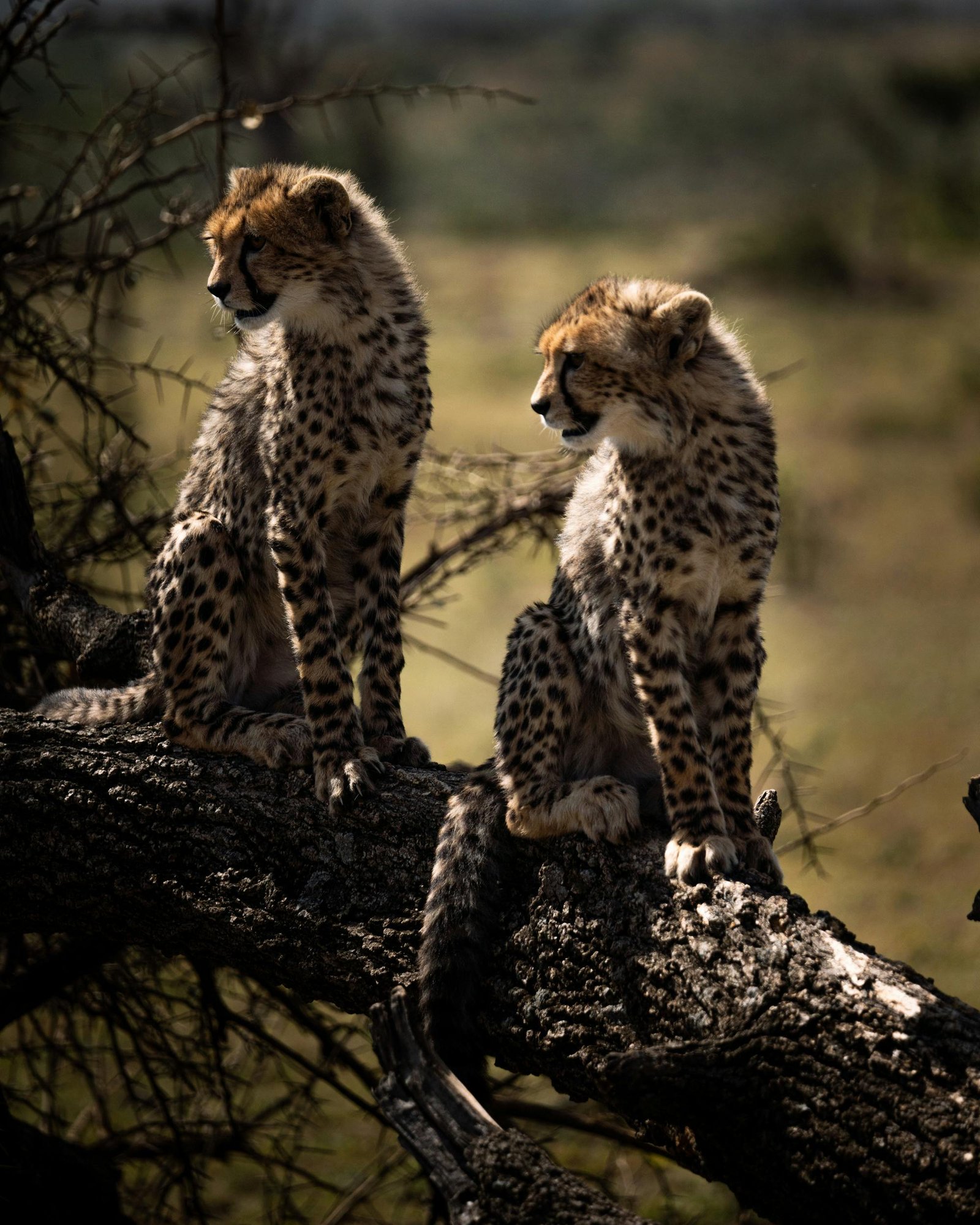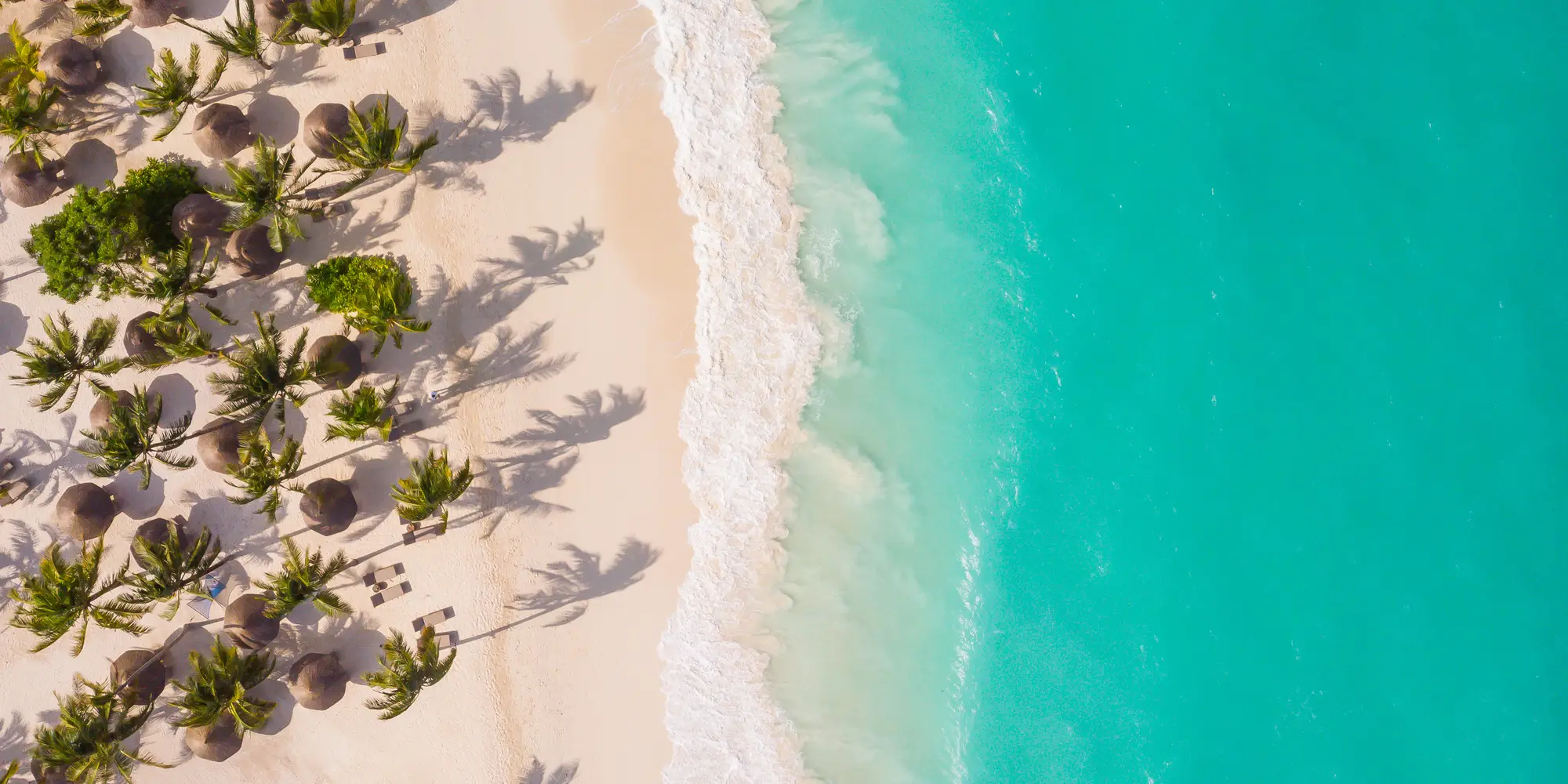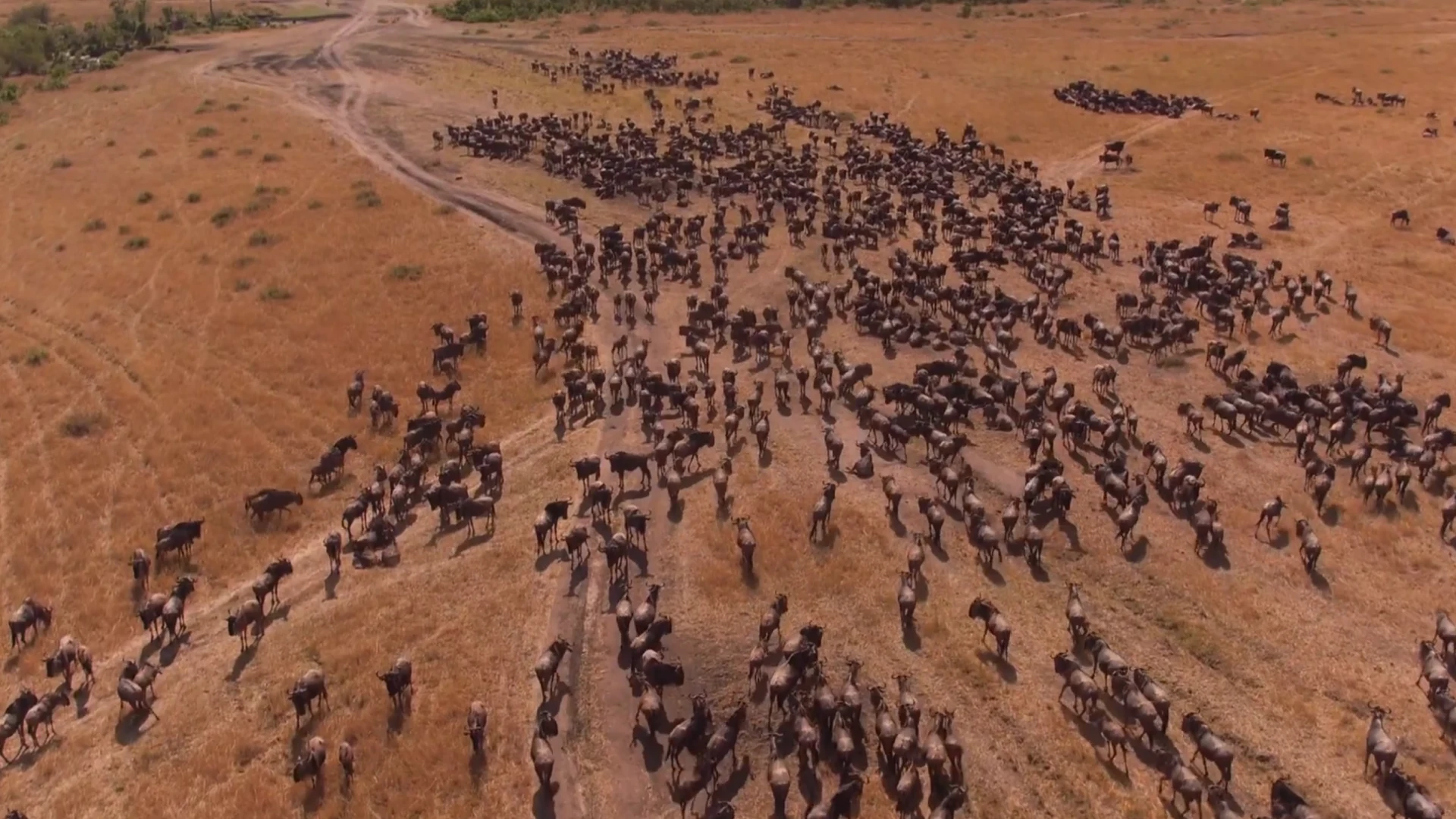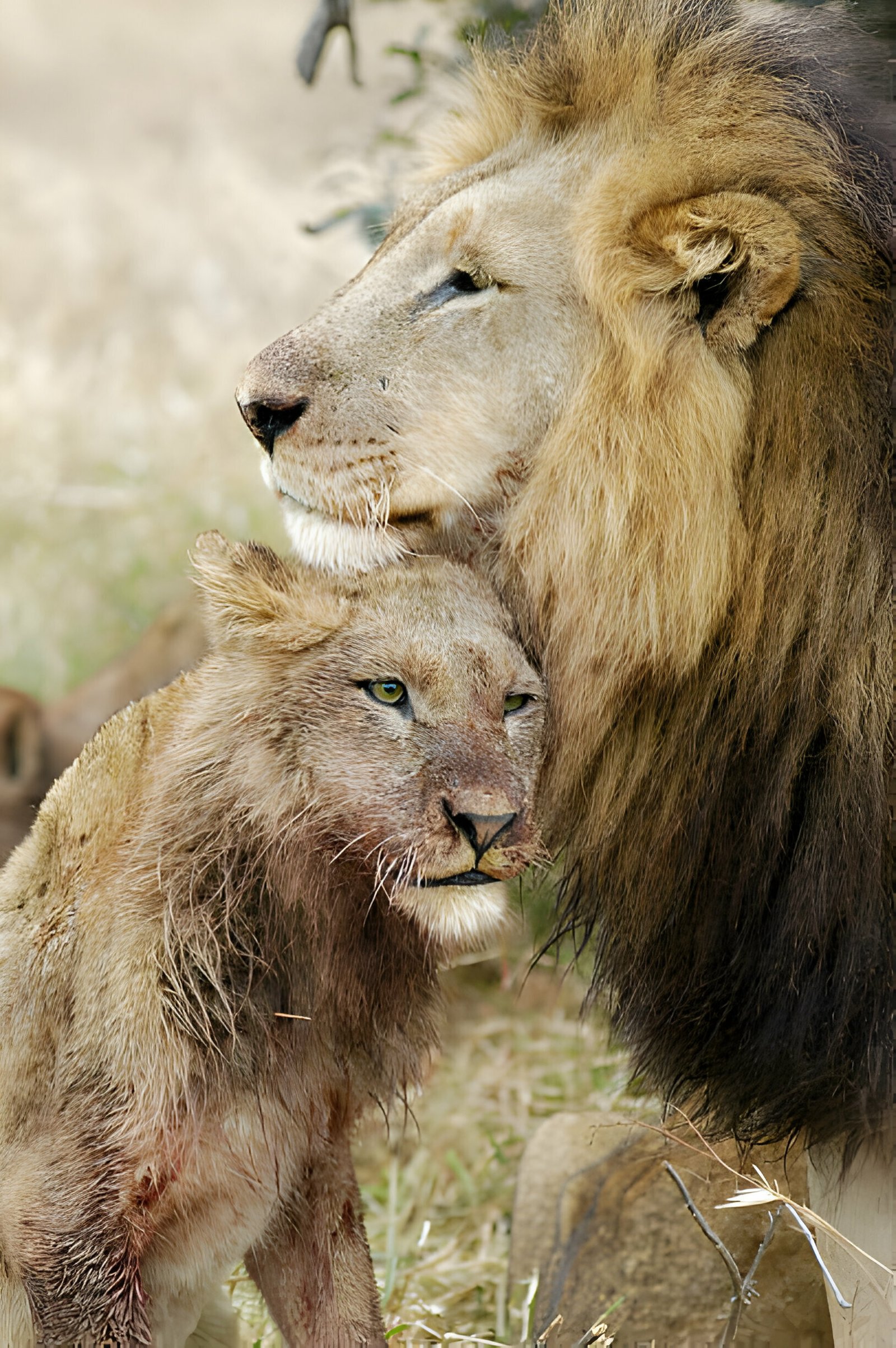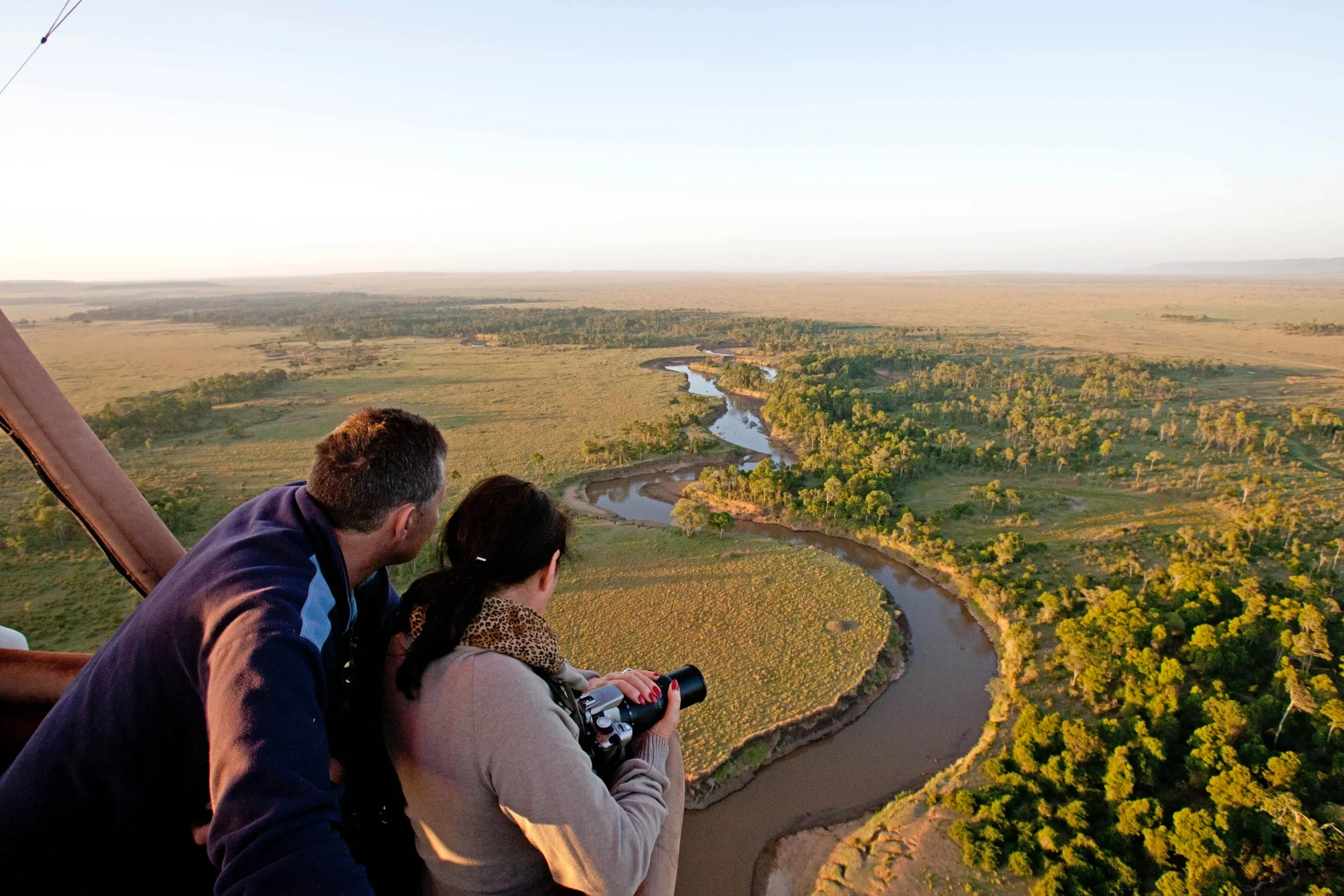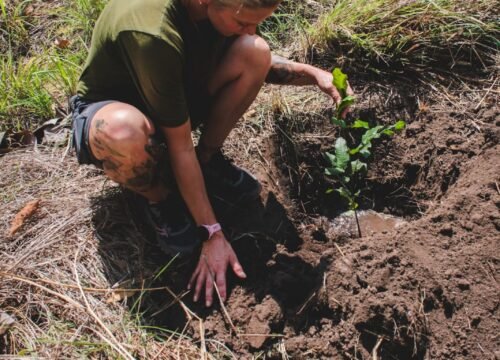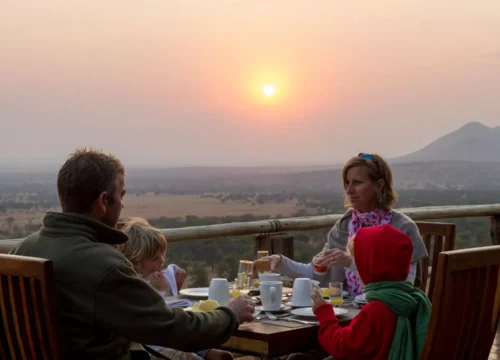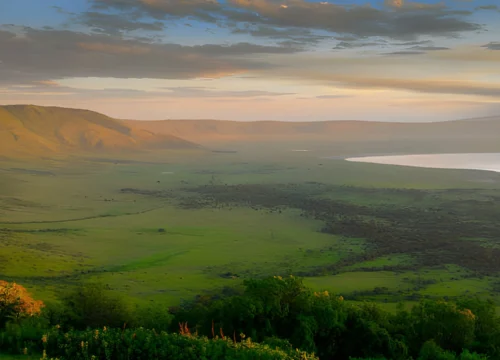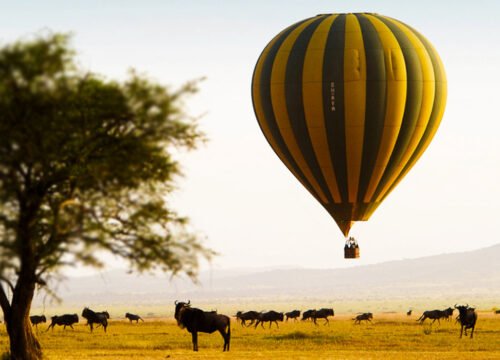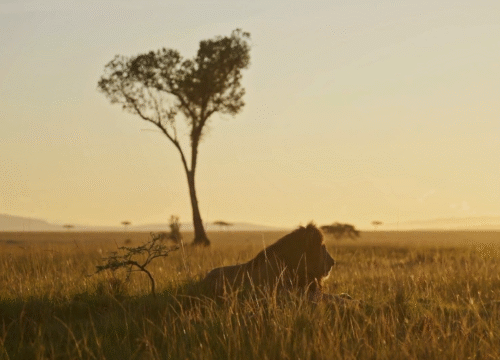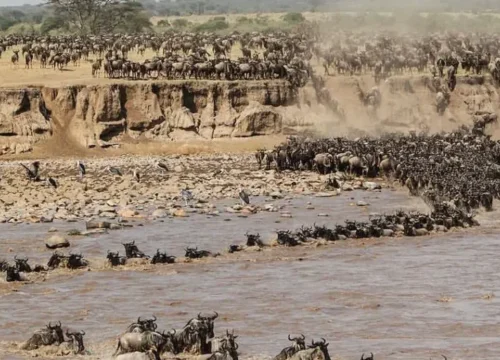
Arusha National Park – A Rewarding Hiking Destination
Arusha National Park
Why Visit Arusha National Park?
Arusha National Park offers a captivating safari experience with its incredibly diverse landscapes packed into a relatively small area, making it a unique gem in Tanzania. Dominated by the majestic Mount Meru, the park showcases a dramatic range of habitats, from open savannah and acacia woodlands to alpine forests and the stunning, emerald-hued Momella Lakes. It’s a fantastic destination for those seeking an active safari, with opportunities for walking safaris, canoeing, and even climbing. The park is home to a rich array of wildlife, including Africa’s largest population of giraffes, numerous zebras, buffalo, and a wide variety of primates like black-and-white colobus monkeys. While it’s not a “Big Five” destination (lions are rare, and rhinos are absent), its unique activities and beautiful scenery provide a refreshing contrast to other Northern Circuit parks. Birdwatchers will be delighted by the abundance of waterbirds around the Momella Lakes, and the park’s proximity to Arusha city makes it an ideal day trip or starting point for a longer Tanzanian adventure.
Attractions
Arusha National Park is a landscape of diverse beauty and unique safari experiences. Its key attractions include the towering Mount Meru, offering challenging treks and incredible views, and the seven shimmering Momella Lakes, known for their vibrant emerald and blue hues and concentrations of flamingos and other waterbirds. The park is famed for hosting Africa’s largest population of giraffes, easily spotted alongside herds of zebras, buffalo, and various antelopes. Lush rainforests provide a home to the striking black-and-white colobus monkeys, while the smaller Ngurdoto Crater, a swampy caldera, offers another distinct ecosystem. Visitors can also embark on walking safaris through the bush, enjoy canoeing on the Momella Lakes, and engage in superb birdwatching, making Arusha National Park a versatile and memorable destination.
Arusha National Park Popular Tours
Nice Accommodation
Tailor-Made Safaris
Expert Guides
8 Days Mara River Great Migration Safari
6 Days Tanzania’s Premier Wildlife Safari
7 Day Magical Tanzania Safari and Cultural Expedition
7-Day Elephant Safari Adventure Across Northern Tanzania
8 Days Serengeti wildebeest migration Safari with Ecolegacy Africa
11 Day Tanzania Safari & Zanzibar Beach Escape
6 Days Hidden Gems of Southern Tanzania Safari Tour
Best Accommodations in Arusha National Park
Arusha National Park, though often a day trip destination, provides charming lodges and camps that perfectly match its unique landscapes and active safaris. Accommodations here range from luxurious escapes with Mount Meru views to tranquil lakeside bases, all offering comfort and easy access to the park’s diverse habitats and activities.
Find Your Dream Safari Destination
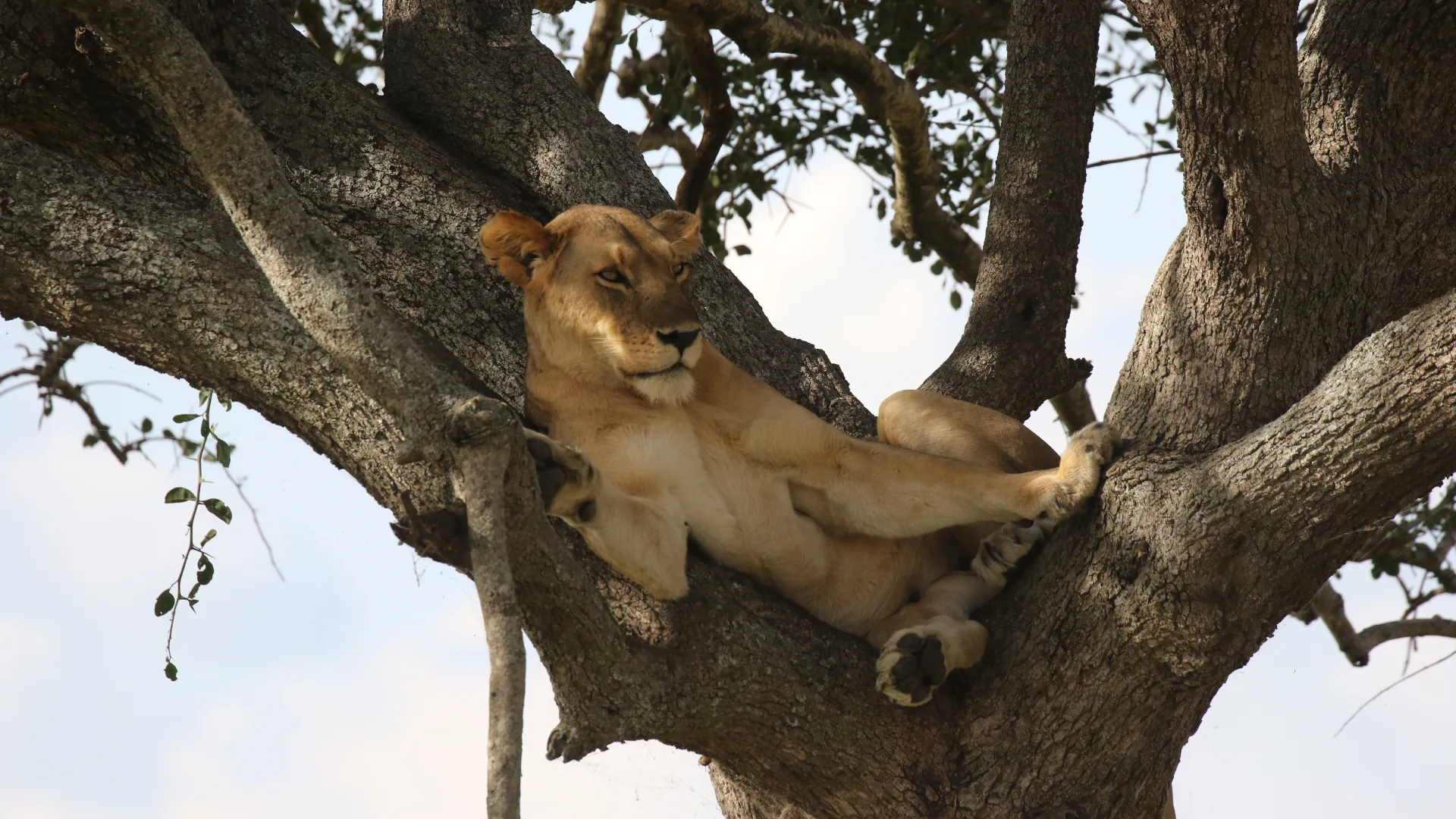
Manyara
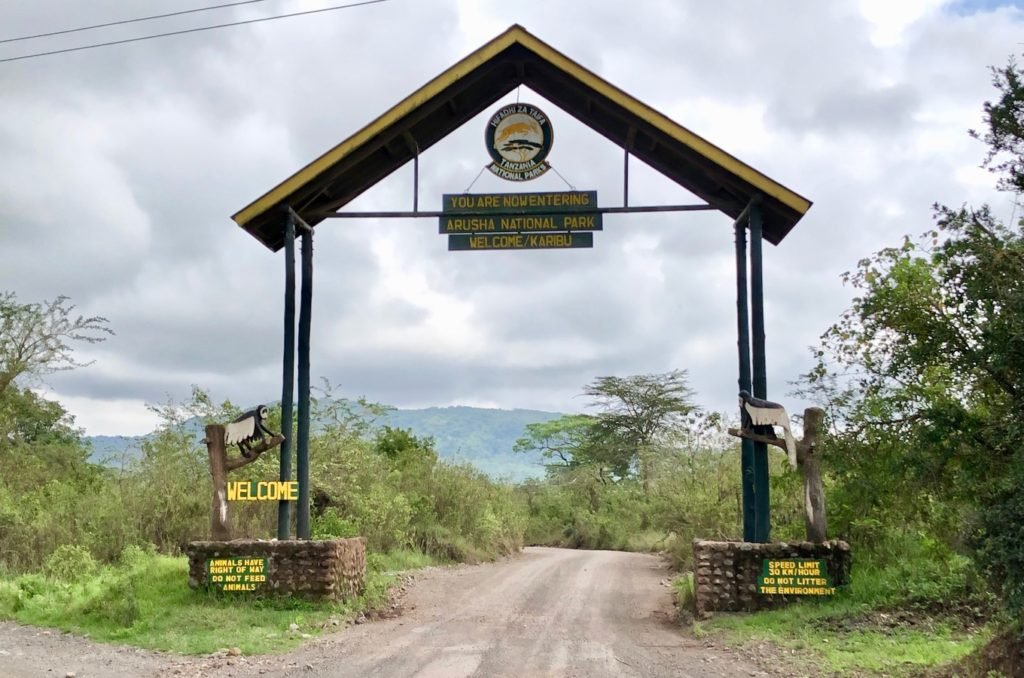
Arusha
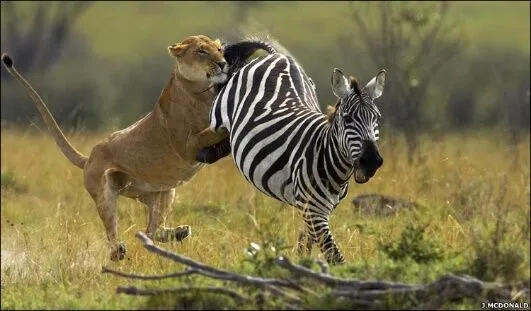
Mikumi
Why Book with us
Tailored Customization
Your journey, your way. Experience the freedom to customize your adventure, ensuring it aligns perfectly with your preferences and desires.
Smart Planning
Our team of qualified safari experts knows how to tailor your adventure to your individual travel style
Expertise and Experience
Benefit from our extensive expertise and years of experience, ensuring a well-planned and smoothly executed travel itinerary.
Trusted travel guide
Annually approved for tour operating activities by the Ministry of Natural Resources and Tourism
Frequently Asked Questions On Arusha National Park
Arusha National Park is a small but incredibly diverse national park in northern Tanzania, encompassing a wide range of habitats, from open savannah to alpine forests, and featuring three distinct geographical features: Mount Meru, the Momella Lakes, and the Ngurdoto Crater.
It’s located northeast of Arusha city, which is the safari hub of northern Tanzania. It’s approximately 30 minutes by tarmac road from Arusha town.
The park is characterized by:
Mount Meru: Tanzania’s second-highest mountain and a prominent volcano.
Momella Lakes: A series of seven shallow, alkaline lakes.
Ngurdoto Crater: A smaller, swampy caldera surrounded by forest, often called “Little Ngorongoro.”
Yes, on clear days, especially during the dry season, you can often get spectacular views of Mount Kilimanjaro from various viewpoints within the park.
The climate is generally pleasant, with cooler temperatures due to the altitude, especially on Mount Meru. The park experiences dry seasons (June-October) and wet seasons (short rains: November-December; long rains: March-May).
The park is home to a diverse array of animals, including:
Large numbers of giraffes: Arusha boasts one of Africa’s largest giraffe populations, making sightings very common.
Zebras, buffalo, and various antelopes: Such as waterbucks, bushbucks, and common duikers.
Primates: Notably the striking black-and-white colobus monkeys, blue monkeys, and vervet monkeys.
Hippos: Often seen in the Momella Lakes and Ngurdoto Crater swamp.
Elephants: Present but in smaller numbers and less frequently seen than in Tarangire.
Hyenas and leopards: While present, they are generally rare and elusive to spot.
You can commonly see buffalo and elephants (though elephants are occasional). Lions are very rare, and rhinos are absent from the park. Leopards are present but highly elusive. So, it’s not considered a “Big Five” destination.
Game viewing is good year-round. The dry season (June to October) is generally best for wildlife viewing as animals congregate around water sources and vegetation is less dense. The wet season (November to May) is excellent for birdwatching, as migratory birds are present, and the landscape is lush and green.
Arusha National Park is unique for offering a wider range of activities than typical game drives:
Game Drives: The most common activity, exploring the park’s diverse habitats.
Walking Safaris: Guided walks are a major highlight, allowing closer encounters with nature.
Canoeing Safaris: Offered on the Momella Lakes, providing a unique perspective of wildlife and birds.
Mount Meru Climbing: A multi-day trek to Tanzania’s second-highest peak.
Birdwatching: Excellent opportunities around the lakes and in the forests.
Picnics: Designated picnic sites for lunch with a view.
Yes, many climbers use Mount Meru as an excellent acclimatization climb before attempting Mount Kilimanjaro due to its altitude.
Tanzanian Safari Experiences
Ecolegacy Africa Safari Guides
Guest Experience from our Responsible Conservation Safari in Tanzania
Our Best Family Holiday Destinations in Tanzania
Top 10 Things to Know About Ngorongoro Crater
Tanzania’s Most Extraordinary Wildlife Experiences
The Best Places to Go on Tanzania Safari in 2026
Complete Guide to a Serengeti Wildebeest Migration Safari
REQUEST A PROGRAM
We are always here to help

